In today's fast-paced world, finding effective and natural solutions for anxiety relief is essential for maintaining mental well-being. Among the growing array of options, anxiety tea and natural care remedies are gaining popularity for their soothing properties. Equally important is understanding the intersection of physical habits, such as mouth breathing, and their impact on anxiety levels. Furthermore, many individuals explore the benefits of hemp oil versus CBD oil for anxiety, seeking holistic alternatives to traditional treatments. Developing a personalized treatment plan for anxiety that encompasses these various approaches can be pivotal in achieving optimal mental health and overall peace of mind.
Anxiety Tea: A Soothing Solution
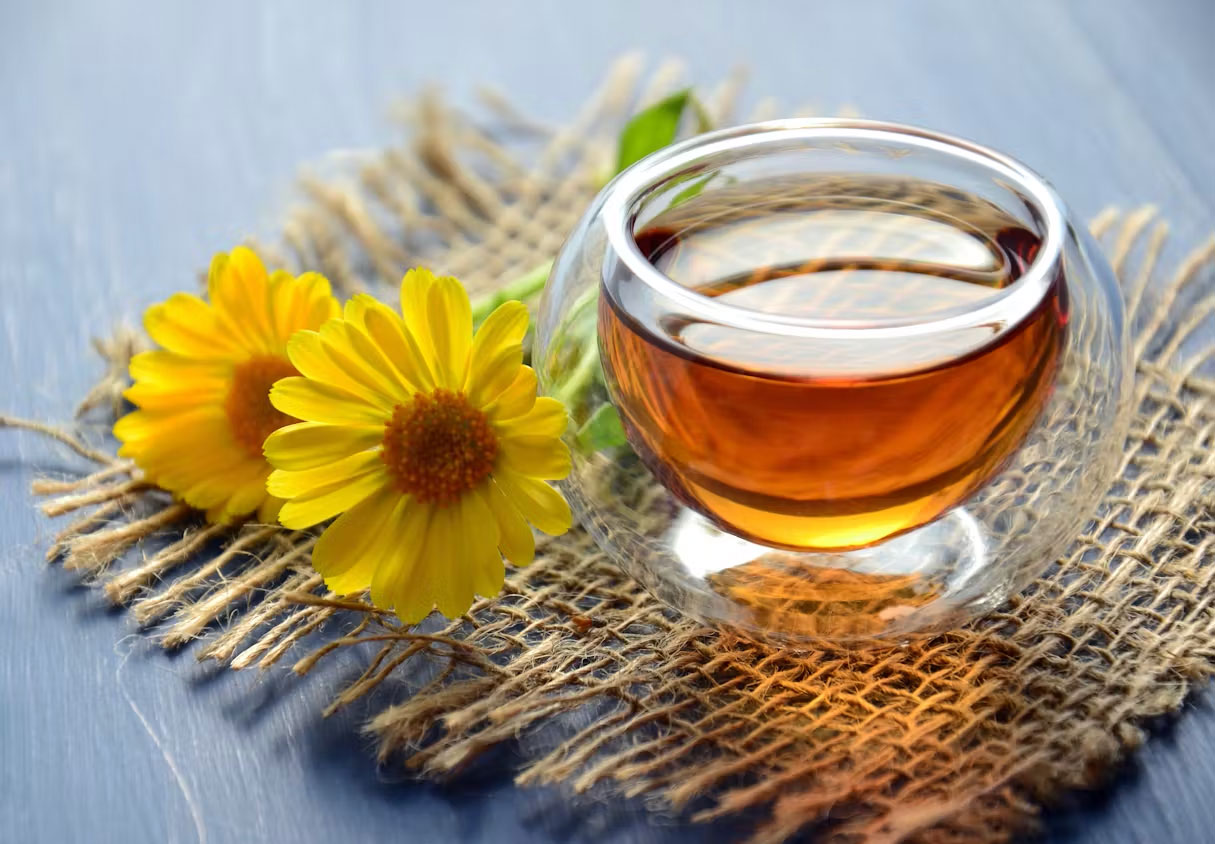
Incorporating a calming tea ritual into your daily life not only provides the potential for anxiety relief but also offers a moment of tranquility and mindfulness. Brewing a warm cup of chamomile, known for its mild sedative effects, can help ease you into a more relaxed state, while the soothing aroma of lavender tea can lift your spirits and enhance your mood. Valerian root tea, often praised for its sleep-inducing properties, can be particularly beneficial for those who struggle with restless nights. These teas can be enjoyed on their own or blended with other herbs such as lemon balm or passionflower for an even greater calming effect. By setting aside time each day to savor these herbal infusions, you not only nurture your body with natural ingredients but also cultivate a peaceful ritual that can help create a sense of balance and calm amidst the stresses of daily life..
Mouth Breathing & Anxiety: The Connection

Incorporating mindful breathing techniques into daily routines can significantly transform how the body responds to stress and anxiety. When individuals consciously shift their attention to nasal breathing, they engage the diaphragm more effectively, reducing the likelihood of shallow breaths that can trigger a fight-or-flight response. This deliberate focus on inhaling and exhaling slowly through the nose not only optimizes oxygen exchange but also stabilizes heart rate and blood pressure, fostering an internal environment conducive to tranquility. Moreover, practicing deep breathing regularly enhances one’s resilience to stressors, building a foundation for emotional stability and improved mental health. By cultivating this awareness of breath, people can access a powerful tool for mitigating anxiety, creating space for mindfulness and intentional living..
Hemp Oil VS CBD Oil for Anxiety
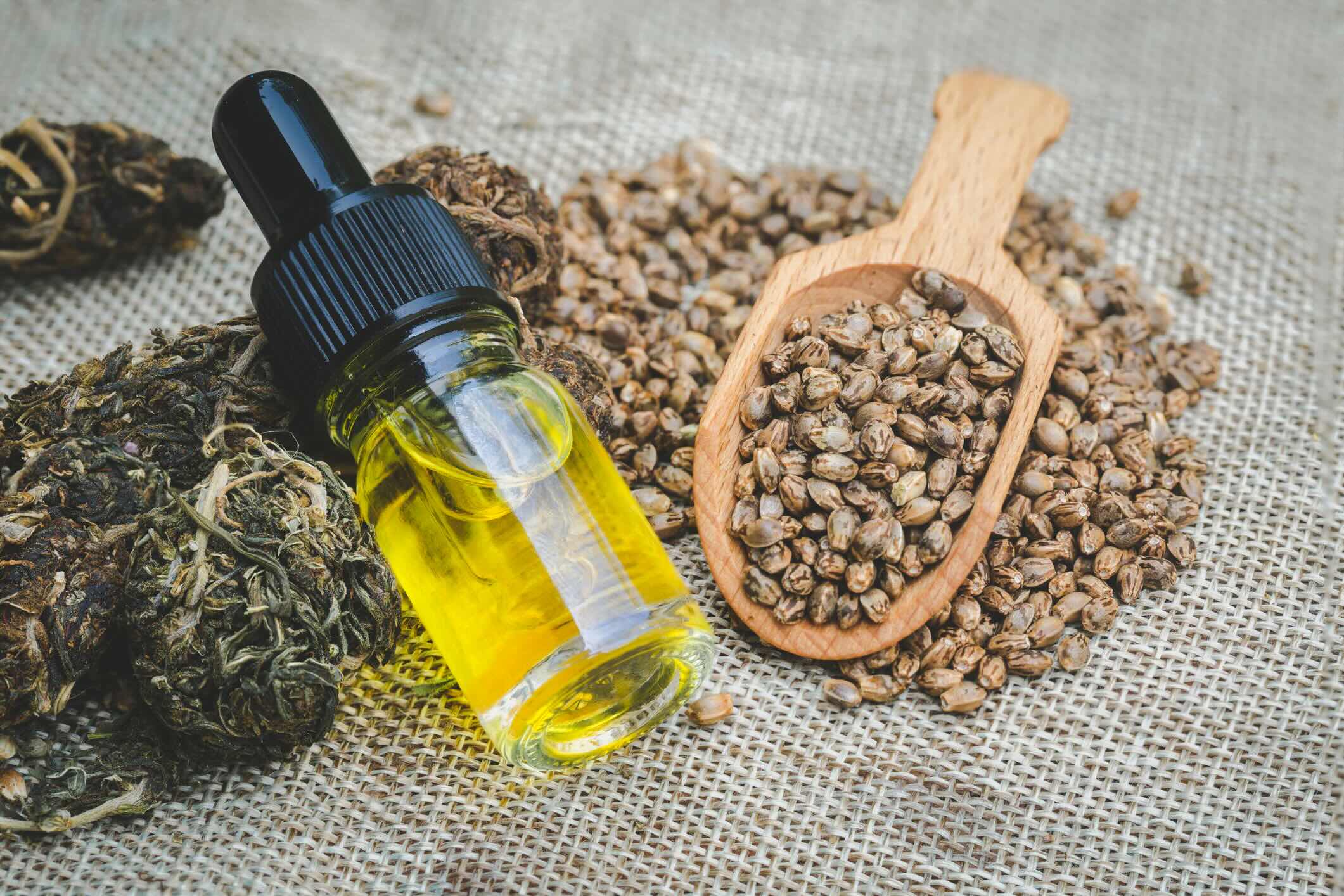
As awareness increases about natural remedies for mental health, the debate between hemp oil versus CBD oil for anxiety gains more attention. While both oils originate from the cannabis plant, their chemical compositions and subsequent effects diverge significantly. Hemp oil, extracted from the seeds of the plant, is abundantly packed with omega-3 and omega-6 fatty acids, renowned for promoting cardiovascular health and supporting immune function. In contrast, CBD oil, sourced from the leaves, flowers, and stalks, is rich in cannabidiol—a compound undergoing extensive research for its potential in alleviating anxiety, stress, and panic disorders. Individuals seeking relief from anxiety may lean towards CBD oil due to its targeted efficacy, whereas those looking for general wellness benefits might opt for hemp oil. Ultimately, the decision hinges on personal health goals and how one's body responds to these distinct plant-based oils..
Creating A Treatment Plan For Anxiety

In crafting a comprehensive treatment plan for anxiety, the inclusion of natural remedies is essential for sustainable management and overall wellbeing. By complementing conventional therapies with herbal teas known for their calming properties, such as chamomile or valerian root, one can experience a gentle yet effective reduction in anxiety symptoms. Additionally, integrating breathing exercises into daily routines can significantly enhance relaxation and reduce stress, promoting a sense of control and peace. The use of essential oils, like lavender or bergamot, through aromatherapy, offers another layer of serenity, helping to uplift and stabilize mental health. By customizing your treatment approach, tailoring it to your specific needs and preferences, you pave the way for a balanced and harmonious journey towards long-term mental wellness. Emphasizing personalization in your plan not only ensures its efficacy but also empowers you to actively engage in your healing process, fostering resilience and a deeper understanding of your emotional landscape..
Dietary Considerations

The role of diet cannot be overlooked when considering home remedies for anxiety. Certain foods can exacerbate or alleviate anxiety symptoms. Herbal teas and nutrient-rich foods, particularly those high in magnesium and omega-3 fatty acids, can contribute significantly to mood stabilization and stress reduction. These nutrients play a crucial role in brain function and the regulation of neurotransmitters, helping to maintain balance and reduce tension. For instance, a warm cup of chamomile or green tea can have soothing effects, while consuming leafy greens, nuts, and seeds enhances magnesium intake, known for its calming properties. Additionally, fatty fish such as salmon and mackerel are rich in omega-3 fatty acids, which research has suggested may help alleviate anxiety by reducing inflammation and promoting healthy brain function. By mindfully choosing foods that nourish the body and support mental wellness, individuals may find a natural and effective complement to other anxiety management strategies..
Lifestyle Changes For Anxiety Relief
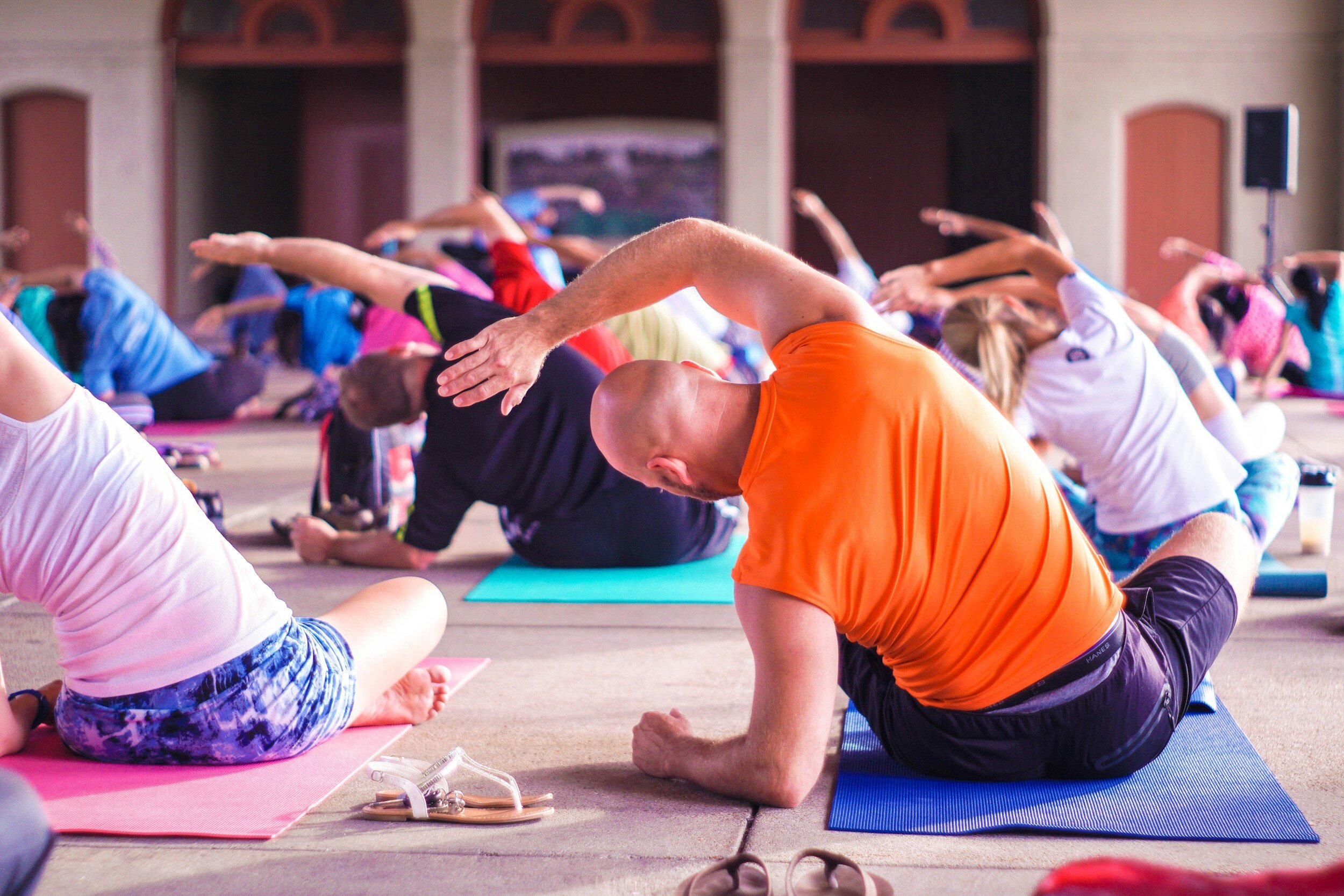
Incorporating lifestyle changes is another essential component of anxiety management. Regular physical activity, sufficient sleep, and mindfulness practices like meditation and yoga can complement your anxiety treatment plan. These practices can enhance overall well-being and aid in reducing anxiety. Engaging in physical exercise releases endorphins, which are natural mood lifters that can help diminish feelings of anxiety and stress. Ensuring adequate sleep supports mental clarity and emotional resilience, enabling you to better handle stressors. Furthermore, mindfulness practices such as meditation and yoga offer powerful tools for cultivating a sense of calm and presence, interrupting the cycle of anxious thoughts. By weaving these lifestyle changes into daily routines, individuals may find a greater sense of control over their mental health, fostering a more balanced and peaceful state of mind. Moreover, these habits create a foundation for a healthier lifestyle, encouraging long-term wellness and vitality..
Harnessing The Power Of Aromatherapy
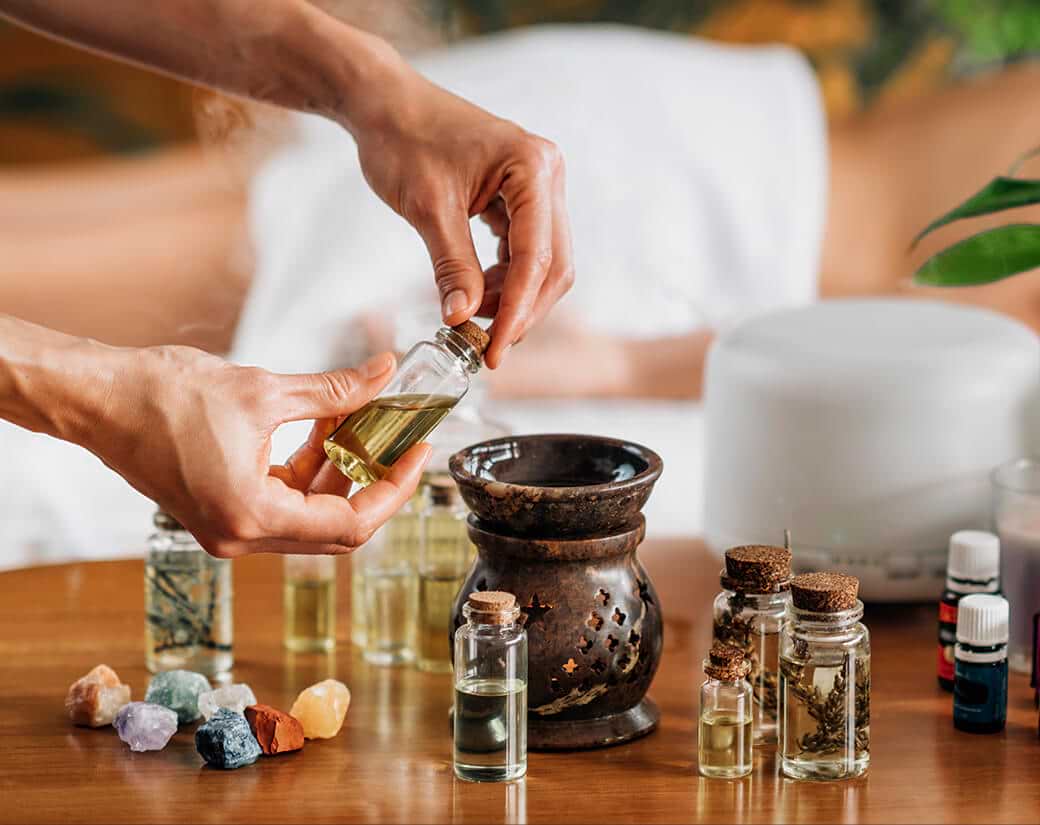
Aromatherapy, an ancient practice revitalized for modern stress management, involves harnessing the natural properties of essential oils to enhance mental well-being. Lavender, with its subtle floral scent, is renowned for promoting relaxation and peaceful sleep, making it ideal for evening use or meditation sessions. Bergamot, a citrusy oil, uplifts and energizes, providing a burst of positivity and mental clarity perfect for combating the midday slump. Ylang-ylang, with its sweet and exotic fragrance, soothes and balances, offering tranquility amidst life's pressures. Incorporating these oils into mindfulness practices, whether through diffusers, baths, or massages, creates a personalized sanctuary of serenity, helping to alleviate anxiety and foster emotional resilience. Embracing aromatherapy within your routine provides a holistic and accessible means to nurture mental health, supporting a harmonious lifestyle in today’s fast-paced world..
Creating A Support Network

Furthermore, social connections offer a sense of belonging and validation, which are crucial for fostering self-esteem and resilience. Sharing experiences and emotions with loved ones creates a network of empathy and understanding, allowing individuals to feel less isolated in their struggles. Participating in group activities, whether it's a casual coffee meet-up or a structured support group, can lead to laughter and joy that trigger the release of endorphins, effectively reducing stress and enhancing well-being. Additionally, these interactions often encourage healthier lifestyle choices, as encouragement from peers can motivate individuals to pursue activities that promote physical and mental health. In this way, nurturing social bonds is not just a facet of personal happiness but an integral component of overall mental health maintenance. .
Tech Tools: Modern Aid For Anxiety
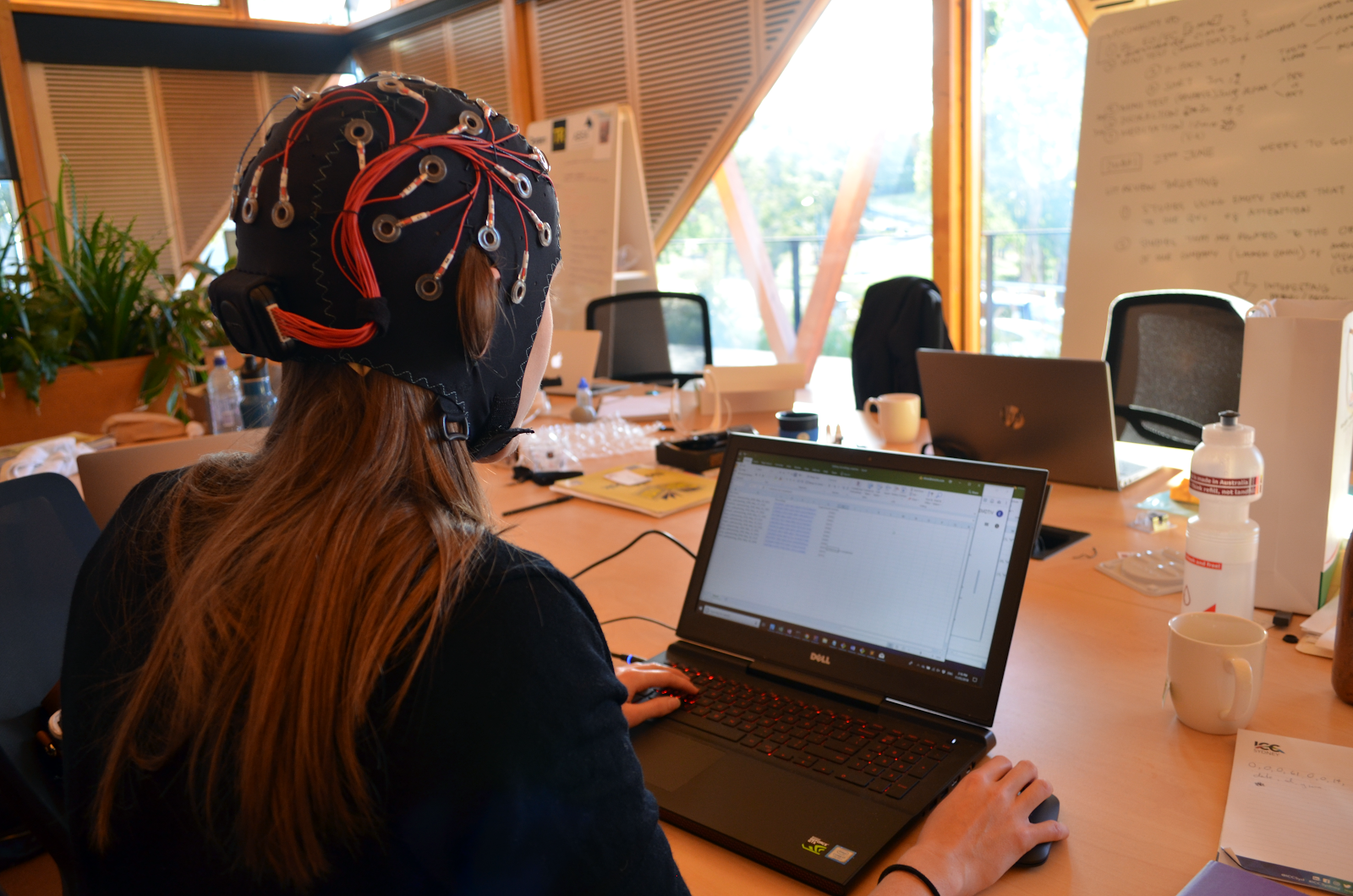
In recent years, the integration of artificial intelligence and machine learning into mental health solutions has further advanced the capability of these tools, making them more personalized and effective. By analyzing user interactions and feedback, these apps are able to tailor interventions that suit individual needs and preferences. Moreover, virtual reality (VR) technology is emerging as a potent tool in anxiety management, offering immersive experiences that help individuals confront and manage their anxiety triggers in a controlled environment. With the addition of teletherapy options, individuals can now access professional mental health support from the comfort of their homes, ensuring that help is available whenever it’s needed. As this field continues to evolve, the fusion of technology with traditional therapeutic practices holds promise in making mental health care more accessible, engaging, and efficient..
Finding natural remedies for anxiety is an empowering step towards mental well-being. From anxiety tea and proper breathing techniques to oils and lifestyle changes, every small action can contribute to significant stress relief. For those crafting a personalized treatment plan for anxiety, integrating these home remedies can help manage symptoms and improve your quality of life over time.


